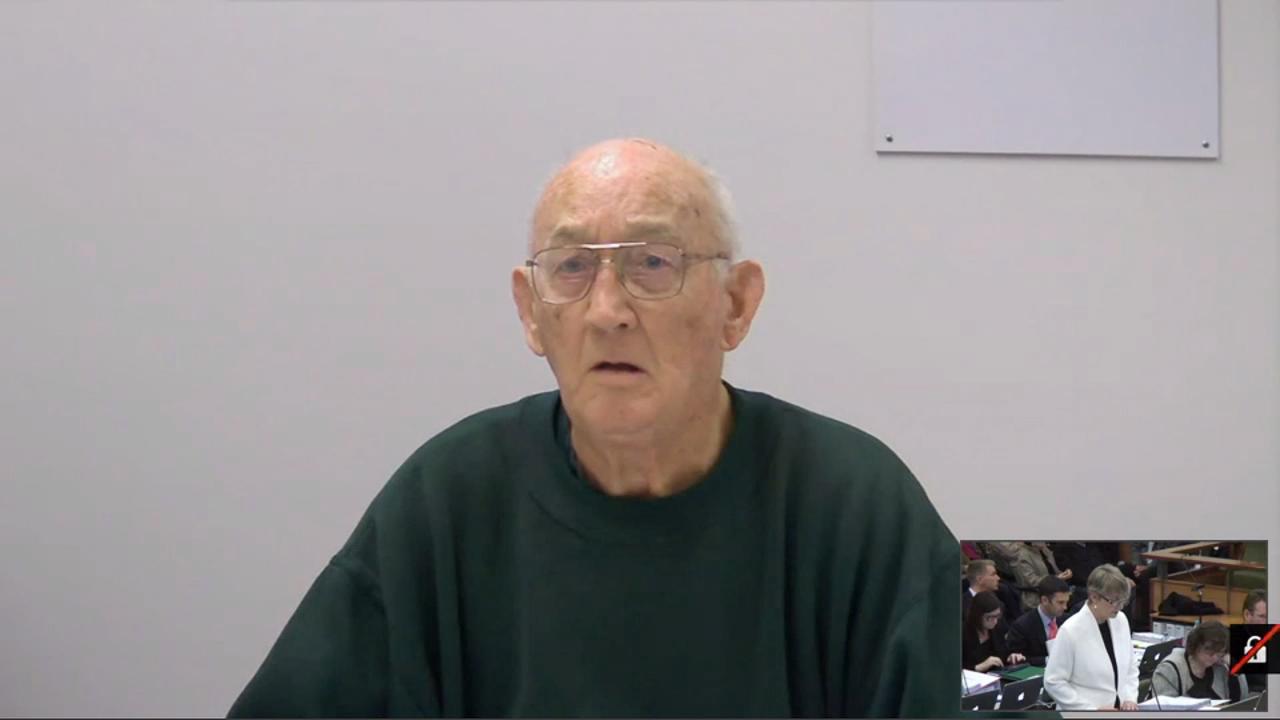Royal commission: protection of kids key to reform
The child sex abuse royal commission has recommended sweeping changes to criminal laws to better protect children.

The Royal Commission into Institutional Responses to Child Sexual Abuse has recommended sweeping changes to criminal laws to better protect children from abuse and secure prosecutions of more alleged child sex offenders.
In its Criminal Justice Report, the commission made 85 recommendations including: tougher sentences for historical offences; allowing multiple victims to give evidence against a single alleged perpetrator; broader laws against child grooming; and new laws to punish institutions that fail to report child abuse or properly protect children in their care.
The commission has sought to protect the rights of victims who don’t report the abuse until decades after the alleged crime, by recommending that sentences for child sex abuse be set according to the law at the time of sentencing, not at the time of offending when the punishment may have been generally more lenient. The commission has added one caveat, that the sentence be limited to the maximum sentence at the time the offence was committed.
The commission has also recommended that it be made easier for courts to hear evidence from multiple victims as witnesses against one alleged offender, and in some cases allow courts to run trials with multiple victims.
This kind of “tendency” or “coincidence” evidence, which is generally used to show a pattern of behaviour or offending, has been strongly resisted by defence lawyers who argue it can prejudice a client’s right to a fair trial.
But the commission argued that juries had been denied the chance to hear accounts that “give the true picture’’ of what is alleged to have happened, adding that “unjust outcomes” had occurred because of the exclusion of this kind of evidence.
The commission said its research showed concerns that tendency evidence carried a high risk of prejudice were misplaced.
But Swinburne University law professor Mirko Bagaric urged caution when changing tendency and coincidence evidence laws, describing them as one of the most “obscure, complex and unworkable” parts of the law.
“If they are to make these changes, they need to formulate a workable standard that needs to be universal, not just for child sex offences. They need to be able to be applied to cases involving, for example, violence or fraud,” Professor Bagaric said
“The motivation for the changes is desirable but we need to ensure the bar is not set so low that we have a significant increase in wrongful convictions, given the dangerous and pejorative effect that evidence of prior alleged criminality can sometimes have.
“It is difficult to obtain convictions in sexual offence matters. This needs to remedied. But the proposed solution should not be one which foreseeably encroaches on the right to a fair trial.”
Commission chief executive Philip Rees said the criminal justice system was seen as ineffective in responding to child sex abuse cases and conviction rates were lower compared to other crimes.
In NSW between 2012-2016 there was a conviction rate of 33 per cent on all 2604 child abuse matters.
He said the recommendations had been informed by information provided in public and private hearings, a consultation paper and through research.
The commission recommended that a new offence of failure to report child abuse in an institution be implemented, including when the disclosure was made in a religious confessional.
A second offence of failure to protect a child within an institution was also proposed, targeting religious orders that have moved offenders around when an allegation was made, allowing further offending.
National laws should be implemented to broaden the definition of grooming to include any communication that had the intention of involving the child in a sexual offence. It also recommended grooming offences apply to pedophiles who attempted to groom the parents or carer of a child.
Victorian Attorney-General Martin Pakula welcomed the report and said Victoria had already implemented many of the recommendations. “The government has also reformed jury directions and the royal commission points to these reforms as a precedent for other jurisdictions to follow.
“We will now carefully consider all other matters raised in the report — including tendency and coincidence evidence.”



